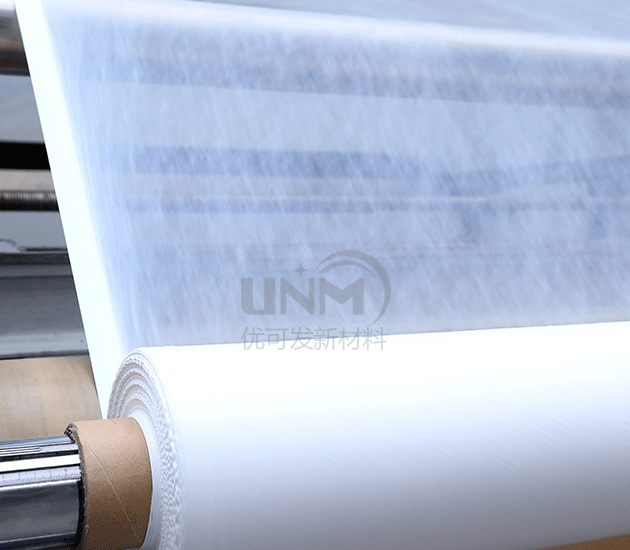Corrosive media filtration refers to the use of filter membranes for filtration in the process of handling liquids containing corrosive chemicals or solvents. Polytetrafluoroethylene microporous filter membrane Due to its good corrosion resistance and chemical stability, it is widely used in corrosive media filtration.

The following are the features and advantages of corrosive media filtration:
1. Corrosion resistance: PTFE has excellent corrosion resistance to most corrosive chemicals and solvents. It resists attack by acids, alkalis, and various organic and inorganic chemicals. This makes PTFE microporous filter membrane a good choice for handling corrosive media such as strong acids, strong alkalis, and corrosive solvents.
2. Chemical stability: It has good chemical stability when in contact with corrosive media. It does not react chemically or change with the media, thus preventing the membrane from being dissolved or damaged.
3. High filtration effect: It has uniform pore size distribution and good filtration efficiency. They can effectively remove solid particles, suspended solids, microorganisms and other contaminants from liquids, providing high-quality filtration results.
4. Long life: Due to the corrosion resistance and chemical stability of PTFE, it has a long service life. They can maintain stable filtration performance under long-term exposure to corrosive media, reducing the frequency and cost of membrane replacement.
It is necessary to select the appropriate polytetrafluoroethylene microporous filter membrane type and type according to the specific corrosive media, filtration requirements and operating conditions. aperture. At the same time, pay attention to the working pressure and working temperature of the filter membrane to ensure the filtration process, and follow relevant measures and operating procedures. Interested parties are welcome to enter the store and contact us.
</p






